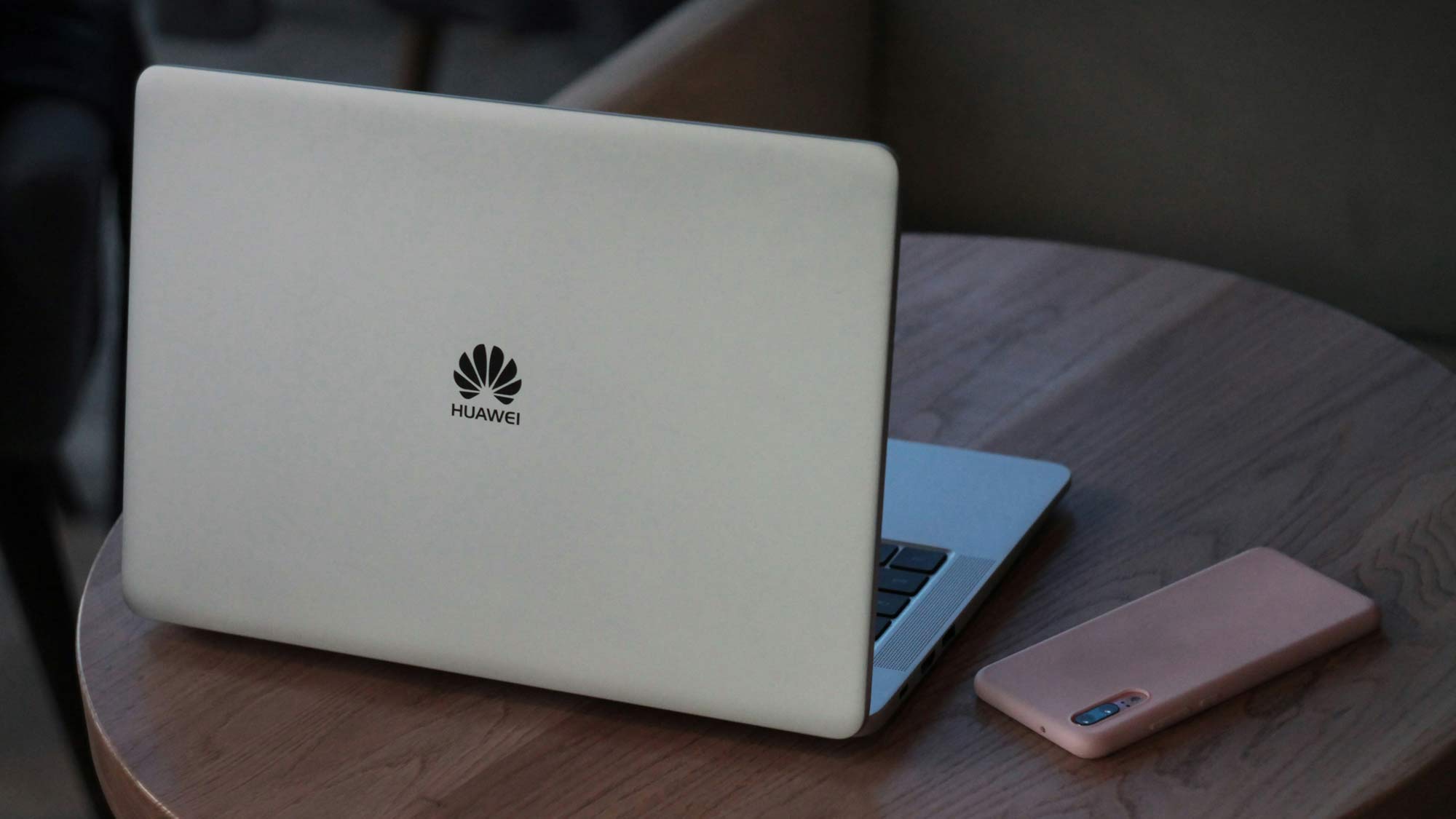Huawei Technologies, the Chinese telecom giant, has reported a more than doubled net profit in 2023 and a 9.6% increase in revenue. This achievement comes despite the stringent sanctions imposed by the United States, showcasing the company’s robust performance and strategic pivot in the face of adversity.
Headquartered in Shenzhen, southern China, Huawei announced a staggering net profit of 87 billion yuan (approximately $11.2 billion), marking a 144.4% increase. The sales figures were equally impressive, totaling 704.2 billion yuan (about $90.5 billion). These results not only underscore Huawei’s financial health but also its ability to navigate through the sanctions that have rocked its foundations in recent years.
Ken Hu, serving in Huawei’s rotating presidency, echoed the company’s preparedness and resilience. “The group’s performances in 2023 are in line with our forecasts,” Hu stated. His reflections on the company’s journey over the past years—”But, challenge after challenge, we managed to grow”—highlight the collective effort and determination that have propelled the company forward. This growth has been significantly fueled by the trust and support of customers, partners, and friends worldwide, as Hu gratefully acknowledges.
The shadow of U.S. sanctions has loomed large over Huawei, leading to a nearly 70% plunge in its profits in 2022 to 35.6 billion yuan. However, the sales figure for 2023, aligning with the forecasts announced in December, signals a formidable comeback, although still below the 891.4 billion yuan recorded in 2020. The years following the imposition of sanctions witnessed a stark downturn in sales, particularly in 2021, when Huawei reported a significant 29% drop under the pressure of U.S. actions.
The U.S. has levied accusations against Huawei for alleged espionage on behalf of Chinese authorities, claims that Huawei, a privately-owned entity, vehemently denies. Since 2019, Washington’s sanctions have severed Huawei’s access to global supply chains for American technologies and components, posing existential threats to its operations.
In response to these challenges, Huawei has strategically pivoted towards sectors less affected by the sanctions, including software, connected devices, enterprise computing, and even venturing into electric vehicles with Aito.
This diversification strategy reflects Huawei’s agility, enabling it to not just survive but thrive under the pressures of international scrutiny and geopolitical rivalry.
Huawei’s ability to double its profit in the face of formidable challenges is a testament to its strategic foresight, robust corporate governance, and the unwavering support of its global stakeholders.





